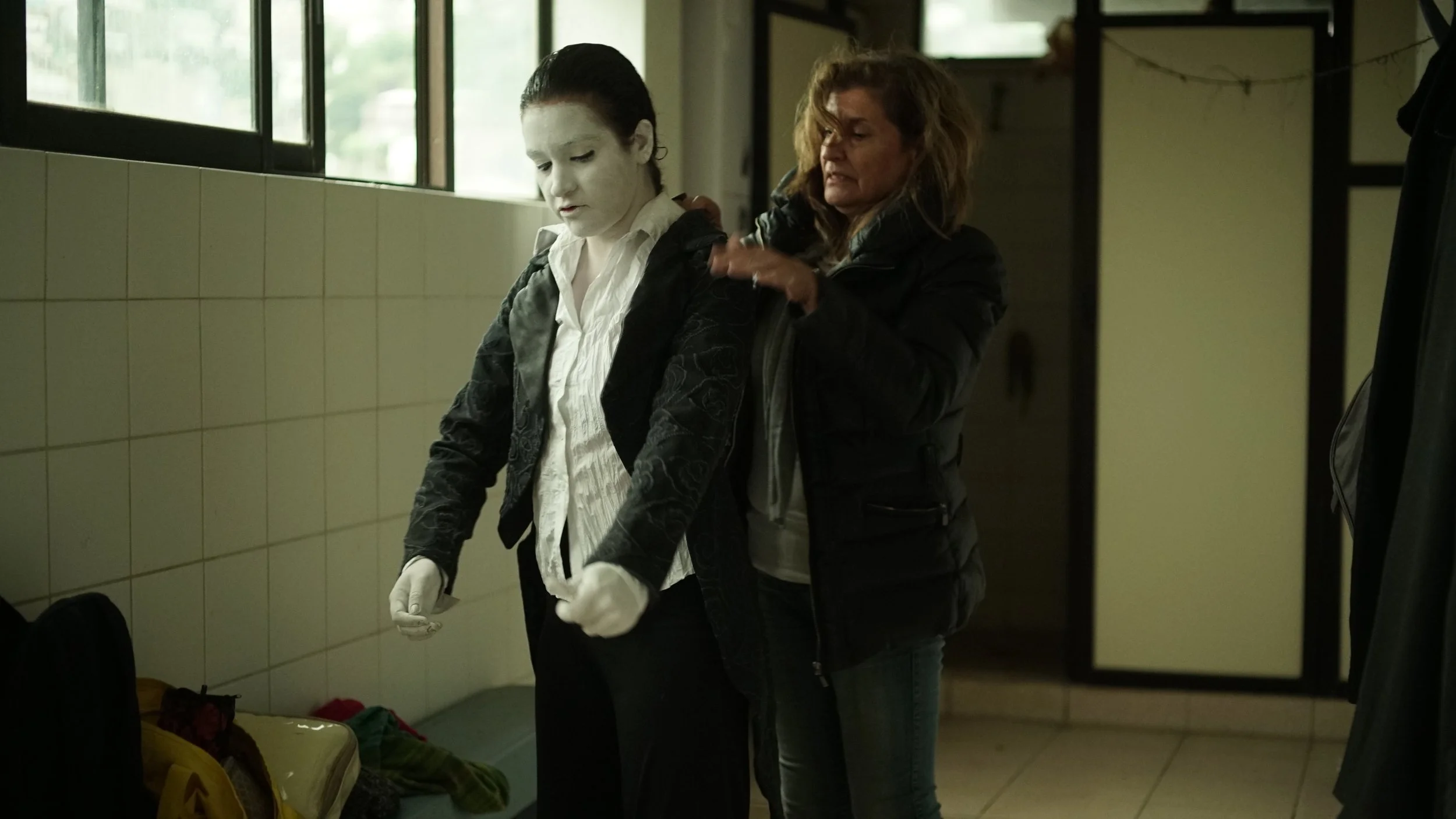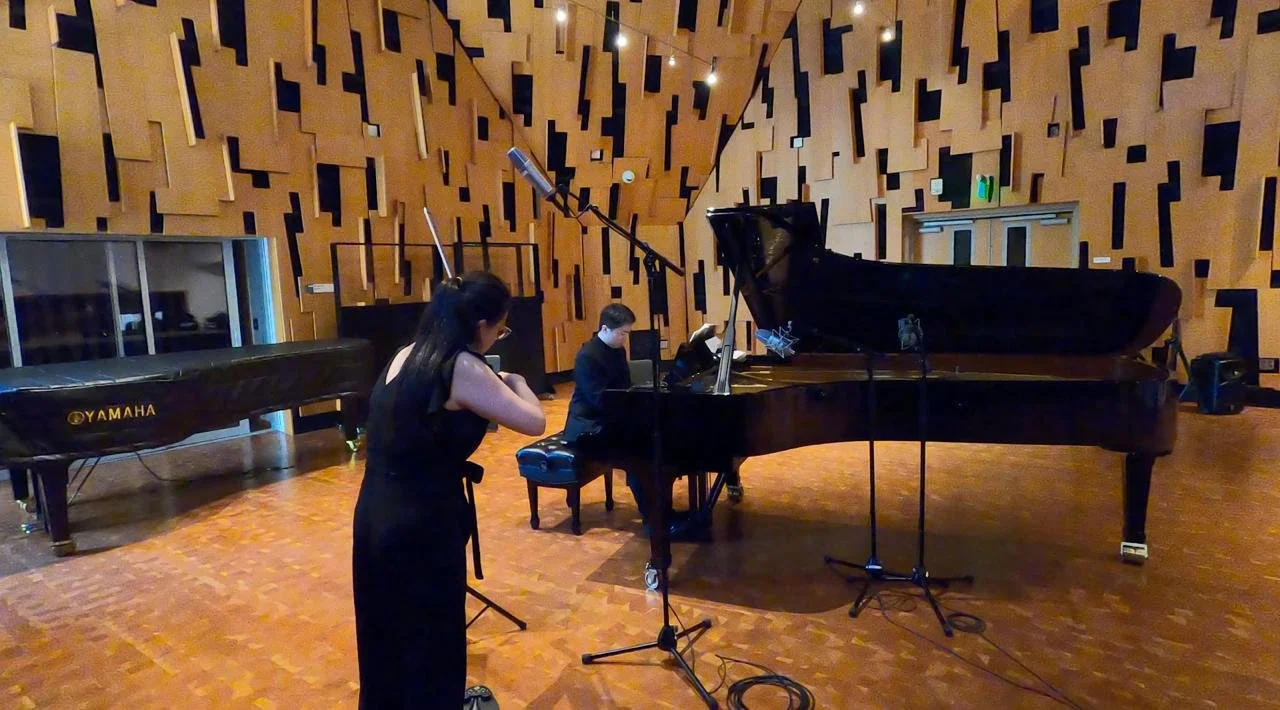
OUR CURRICULUM
Exploring values through Beethoven's Ninth Symphony and other works
Grade LeveL
Secondary education (high school), college, universities, adult education courses, book and film clubs, community groups, and faith-based organizations
This curriculum is designed to explore the profound values embodied in Beethoven's Ninth Symphony, known as the "Choral Symphony." Through a multidisciplinary approach encompassing music, literature, history, and philosophy, students will delve into the themes of universal brotherhood, humanity, freedom, joy, and the transformative power of art. By analyzing the symphony's music, historical context, and philosophical underpinnings, students will develop a deeper understanding of these values and their relevance in contemporary society.
module 1
Introduction to Beethoven and the Ninth Symphony
Historical background of Ludwig van Beethoven
Overview of Beethoven's Ninth Symphony: structure, instrumentation, and historical significance
Listening activities: Introduction to key themes and motifs in the symphony
Blocks of media clips from where the Ninth Symphony was used for social purposes, in China, Japan, Chile, Germany, and elsewhere
module 2
Universal Brotherhood and Humanity
Analysis of the final movement: Schiller's "Ode to Joy"
Discussion on the concept of universal brotherhood and its significance in the context of the symphony
Exploration of empathy and compassion in Beethoven's music
How do people from different countries analyse and understand Beethoven's music? Video clips as useful tools for analysis
module 3
Freedom and Liberation
Examination of Beethoven's personal struggles with deafness and their influence on the Ninth Symphony
Analysis of themes of freedom, triumph, and liberation in the symphony
Comparative study with historical movements for freedom and social justice in Japan, China, Germany, Chile, and other countries
module 4
Joy and Celebration
Interpretation of the symphony's jubilant choruses and exuberant energy
Discussion on the role of music in expressing joy and celebrating the human spirit
Reflection on the importance of finding joy in everyday life
Music and mental health, how does it work on our minds and everyday living with ourselves and others?
module 5
Artistic Expression and Transcendence
Exploration of Beethoven's innovative musical techniques and expressive power
Analysis of how music transcends language and cultural barriers to convey complex emotions and ideas
Reflection on the transformative power of art in inspiring social change
How to understand Beethoven's music and peformance: The flashmob experience.
MOdule 6
Contemporary Relevance and Application
Discussion on the enduring relevance of the values embodied in Beethoven's Ninth Symphony using film, TikTok videos, YouTube clips.
Collaborative projects: Applying lessons from the symphony to real-world challenges and ethical dilemmas
Culminating activity: Student presentations and performances showcasing their understanding of the symphony's values
Assessment
Written reflections on listening experiences and class discussions
Analytical essays exploring thematic elements of the symphony
Creative projects demonstrating understanding of the symphony's values (e.g., artwork, musical compositions, theatrical performances)
Participation in class discussions and collaborative activities
Resources
Recordings of Beethoven's Ninth Symphony and other important works.
Scholar Jan Swafford’s monumental biography, Beethoven: Anguish and Triumph. John Clubbe’s masterful Beethoven: The Relentless Revolutionary, and William Kinderman’s Beethoven: A Political Artist In Revolutionary Times.
Journeys With Beethoven, Candaele’s 2013 book, written together with renowned music journalist and scholar Greg Mitchell, on Beethoven’s profound lasting impact on modern life.
Beethoven’s personal letters, including the profoundly moving Heiligenstadt Testament and the famous Immortal Beloved letters.
Historical documents related to the composition and premiere of the Ninth Symphony
Secondary sources on the cultural and philosophical context of the symphony
Recordings and reimagining of Beethoven’s music, from classical to rock, from professional performances to grassroots actions such as modern flash-mobs, Ukrainian street performers, and the singing of the Ode to Joy by the wives of political prisoners as they gathered outside a Chilean prison where their husbands were incarcerated.
Interviews with musicians, writers, specialists, and ordinary people whose lives have been transformed by Beethoven’s music.
This curriculum aims to inspire students to appreciate the profound values embodied in Beethoven's Ninth Symphony and other works, and to critically reflect on their significance in fostering a more just, compassionate, and joyful society. Through interdisciplinary exploration and creative expression, students will develop a deeper understanding of the transformative power of art and its capacity to unite humanity across time and space.







